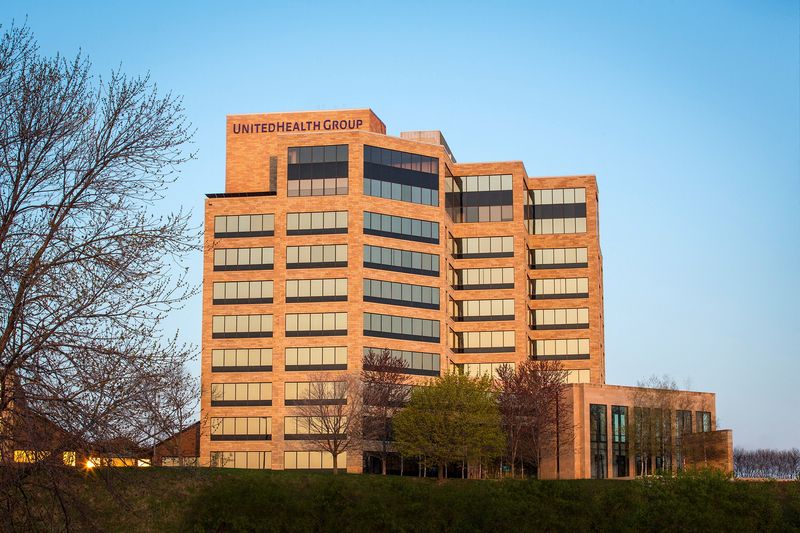By Sriparna Roy
(Reuters) - Shares of health insurance companies including UnitedHealth Group (NYSE:UNH) continued to fall on Friday, two days after Brian Thompson, the CEO of the company's health insurance unit, was fatally shot outside a Manhattan hotel by a gunman lying in wait.
The shooter is still at large and his motive for the attack has not been determined, police officials say.
Thompson's death sparked a wide social media conversation over frustrations with navigating the U.S. health insurance system, particularly when medical expenses are not covered or insurance claims or requests for care are denied.
"The anti-insurer sentiment expressed by the public after this event suggests that UnitedHealth and perhaps the industry may need to adjust how they handle coverage decisions," said Morningstar analyst Julie Utterback.
Shares of UnitedHealth were down 4.8% on Friday after a 5% drop on Thursday. Rival insurers Elevance, Centene (NYSE:CNC), CVS Health (NYSE:CVS), and Cigna (NYSE:CI) also fell between 1% and 3% in afternoon trading. Those shares all lost ground on Thursday as well.
The words "deny," "defend" and "depose" were carved into shell casings found at the scene, police sources told ABC and the New York Post. The words evoke the title of Jay Feinman's 2010 book critical of the U.S. insurance industry: "Delay Deny Defend: Why Insurance Companies Don't Pay Claims and What You Can Do About It."
Social media sites have been flooded with angry posts attacking the companies and users sharing personal frustrations on coverage rejections and how they have been denied necessary care, as well as sarcastic videos with unsympathetic messages like "thoughts and prayers require prior authorization."
Health insurance companies are reassessing the risks for their top executives with both UnitedHealth and CVS removing photos of their leadership teams from their websites after the shooting.

Potential changes in coverage decisions may be prompted by internal initiatives or external pressures that could pose risks for profits, said Utterback.
The insurance industry has been facing higher costs over the past few quarters due to increased demand for healthcare under government-backed Medicare plans for older adults or those with disabilities, as well as changes in Medicaid eligibility from states, which has left insurers with more patients who require more medical services.